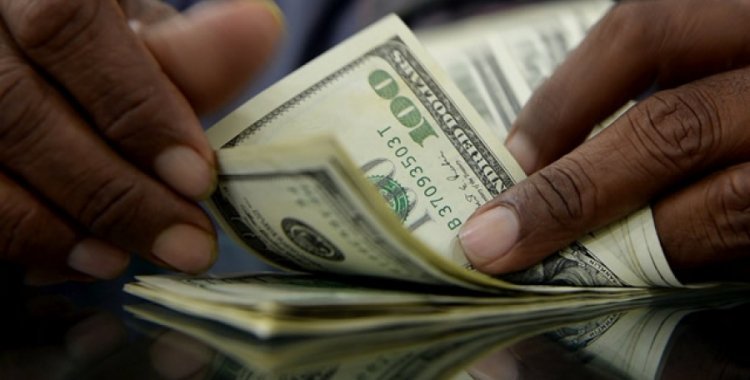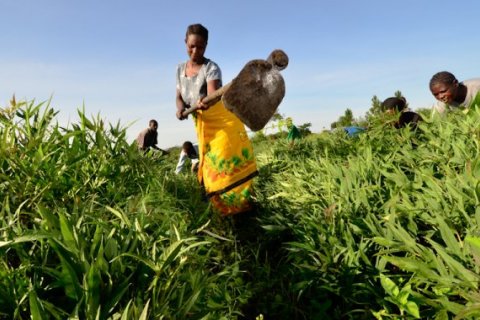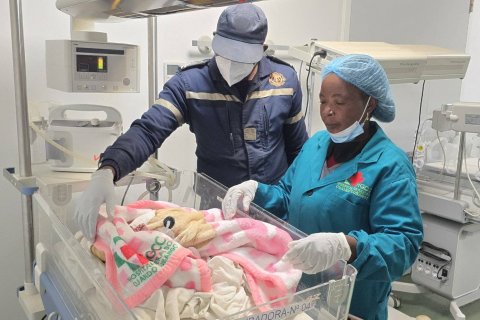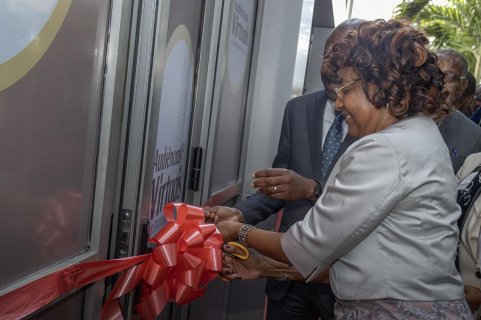The information is contained in the report and accounts for the financial year of the central bank published this Thursday on its website.
The figure represents a growth of 6.44 per cent (1.04 billion dollars) when compared with the same period last year (16.17 billion dollars).
"The said increase was due to adjustments made to the exchange rate regime, disbursements by the International Monetary Fund of around 1.50 billion dollars, the issue of Eurobonds worth 3 billion dollars in November 2019, as well as the transfer of 1 billion dollars from the Sovereign Fund of Angola in August 2019, under the scope of the Integrated Plan for the Intervention of Municipalities," the central bank said.
Last year, the BNA pursued a restrictive monetary policy, having kept the monetary base in national currency within pre-defined limits.
In order to support measures in the foreign exchange market and control inflation, it adjusted the coefficient of compulsory reserves in national currency from 17 per cent to 22 per cent and established the interest rate of 10 per cent for the permanent liquidity absorption facility, with a maturity of seven days.
The national inflation rate at the end of the year was 16.90 per cent, lower than in 2018, and below the target set (17.73 per cent).
The BNA also continued with the foreign exchange market reforms initiated in January 2018, in order to implement a floating exchange rate regime, with the exchange rate now being defined by the market on the basis of the demand and supply of foreign currency, and eliminating administrative restrictions.
In the last quarter of 2019, it implemented the floating exchange rate, with several measures, among which the removal of the 2.00 per cent margin on the reference exchange rate, practiced by commercial banks in the marketing of foreign currency; a maximum value of 120 thousand dollars for private foreign exchange operations.
Among the measures is also the easing of the limits applicable to the various payment instruments for the import of goods; reduction of the limit on the exchange position of commercial banks from 5.00 per cent to 2.50 per cent; and cessation of the acquisition, by the BNA, of foreign currency from the oil companies which have been able to sell directly to commercial banks since 2 January 2020.
"In view of these changes, the national currency depreciated considerably in the last quarter of 2019, bringing the accumulated depreciation to 36.00 per cent in the formal market", the report indicates.
The exchange rate was 482.23 kwanzas against the dollar at the end of the period and 374.84 kwanzas against the dollar on average.
The exchange rate differential between the formal and informal market narrowed from 28.26 per cent in 2018 to 22.97 per cent in 2019.







